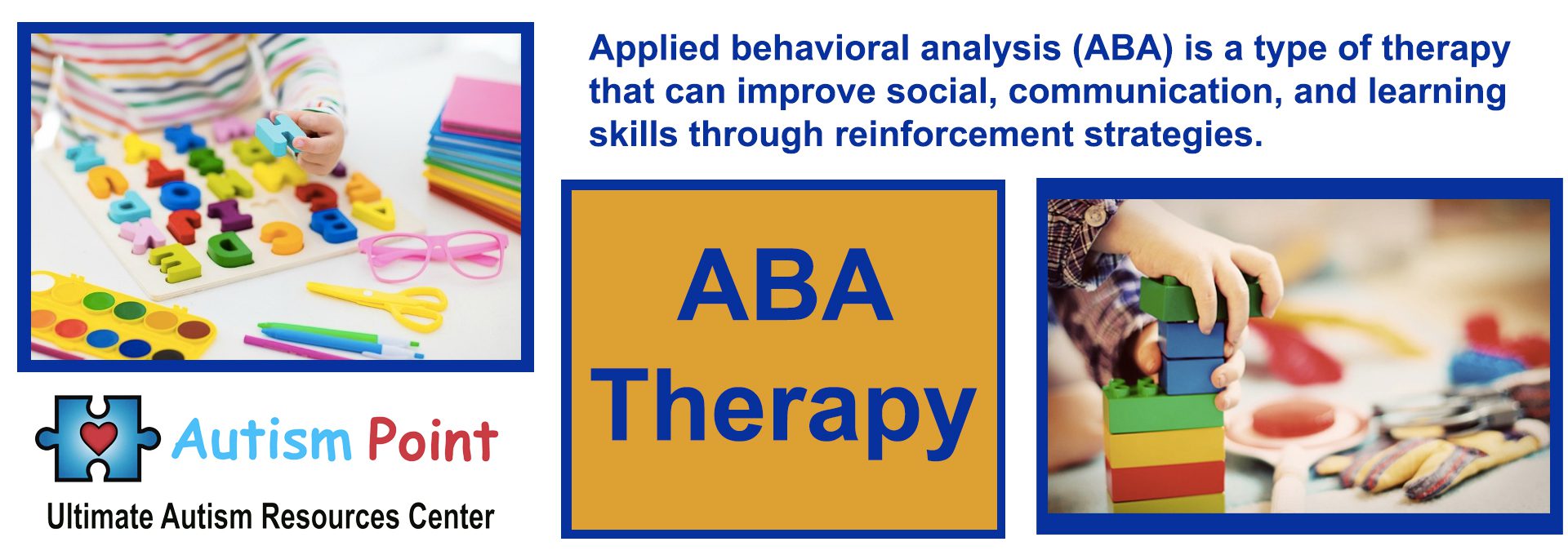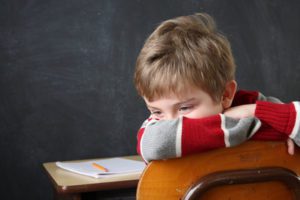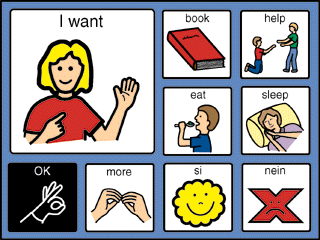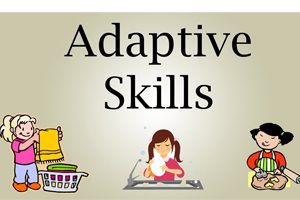
A therapy based on the science of learning and learned behavior. Our ABA services adopt evidence-based practices backed by a wealth of research that proves it to be the most effective approach of therapy. Our sessions conducted in Lahore, are based on basic principles of behavior that help teach your child important developmental skills while reinforcing appropriate and necessary behaviors, and thereby reducing and replacing maladaptive behaviors.
Functional Behavior Assessment
For clear or suspected cases, a comprehensive three-stage assessment comprising
1. Direct observation
2. Indirect assessment
3. Functional Analysis is used to ascertain the exact function of a child’s behaviors.


Functional Communication Training
For children who use socially inappropriate behaviors to gain access to an item or activity, such as screaming or crying, this type of therapy aims to replace such actions with appropriate, functional behaviors that achieve the same results.
Behavioral Deficit Training
For children that struggle with requesting, labeling, or answering questions, this therapy focuses on a child’s delayed skills with teaching techniques such as discrete trial and natural environment training, and incidental teaching.


Managing Behavioral Excesses
For children that exhibit restricted or repetitive behaviors such as excessive hair twirling, back-and-forth rocking of the body, etc. this therapy aims to manage or replacing these behaviors using ABA techniques.
Adaptive Skills Training
Not necessarily just for children, this intensive one-on-one program is a beneficial life-skill that should be learned by people of all age groups, comprising daily living skills that are helpful to lead a healthy, independent life.

Play Skills Training
By increasing a child’s motivation to engage in toys or activities, this therapy program is focused on developing independent engagement skills that help a child be OK with being left alone for any period of time.
Handwriting
Handwriting is a complex process and is not as simple as people think. From a therapy point of view, handwriting can be broken down into three fundamental areas, language comprehension, motor skills, and visual-perceptual skills. For children having difficulty bridging the gap between thought and patterns, this program focuses on writing skills by teaching methods such as shaping while using physical and sometimes verbal prompts.
Toilet Training
If a child is still having difficulties after the usual parent’s potty-training methods, teaching focused on the consistency of a schedule of toileting routine increases the probability of the child either using or requesting the toilet independently.
Pre-academic Training
Giving your child every possible advantage in a potentially daunting new environment, this program focuses on providing the child with basic pre-academic skills, allowing them to join in at the same or similar level.
Motor Skills
Not restricted to children with developmental difficulties, this program is suitable for any child that might need help shaping basic fine or gross motor skills.
Cognitive Skills
Skills focusing on early developmental milestones such as Object permeance, Joint attention, Problem Solving, etc.
Play Therapy
Creating a safe, confidential, and caring environment with as few limits as possible but as many as necessary to allow a child to play with physical and emotional safety. They may be alone or with groups of children.
Picture Exchange Communication System
PECS allows people with little or no communication abilities to communicate using pictures. People using PECS are taught to approach another person and give them a picture of a desired item in exchange for that item.
Augmentative and Alternative Communication
AAC communication devices, systems, strategies, and tools replace or support natural speech and are known as augmentative and alternative communication. These tools support a person who has difficulties using speech.
Visual Motor and Perception Skills
A child’s ability to coordinate visual information with motor output. Visual perception helps children to recognize, recall, discriminate and make sense of what they see. Both are underlying components of catching a ball, forming letters properly between lines, reading and cutting on lines.
Concentration
An effective treatment to improve your child’s concentration and memory can be done through different treatment options with the ultimate aim of improving function. Poor concentration can impact heavily both at school and at home, so it is important to address this early.
